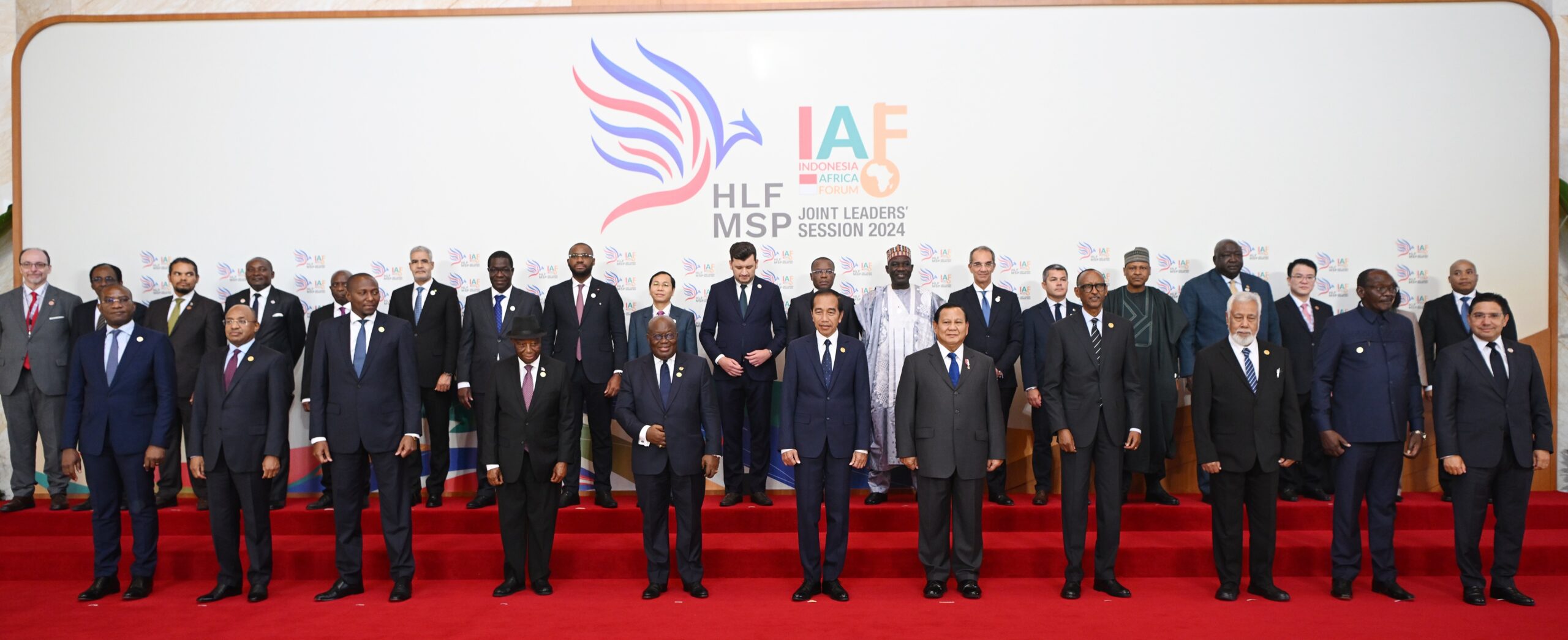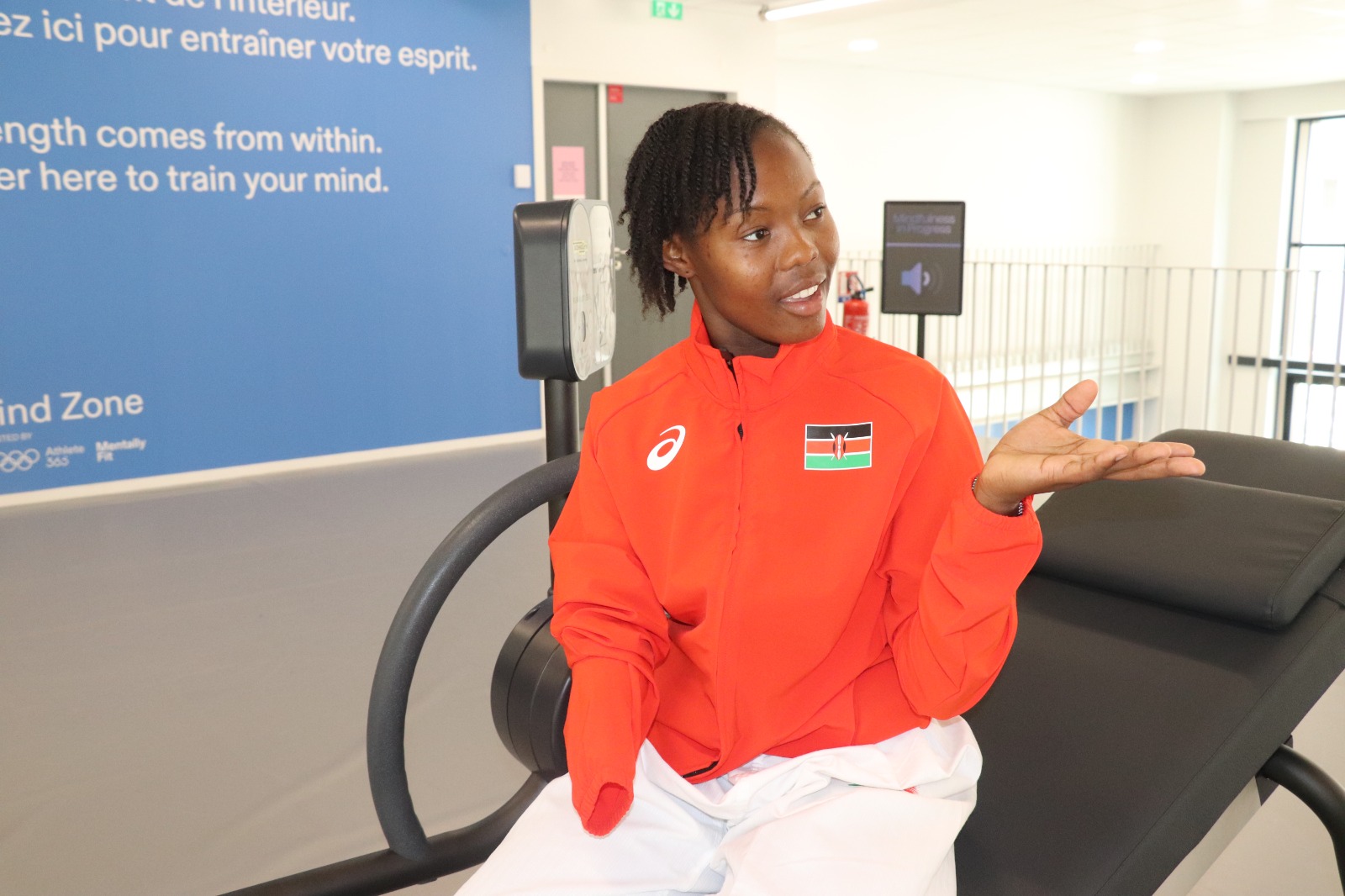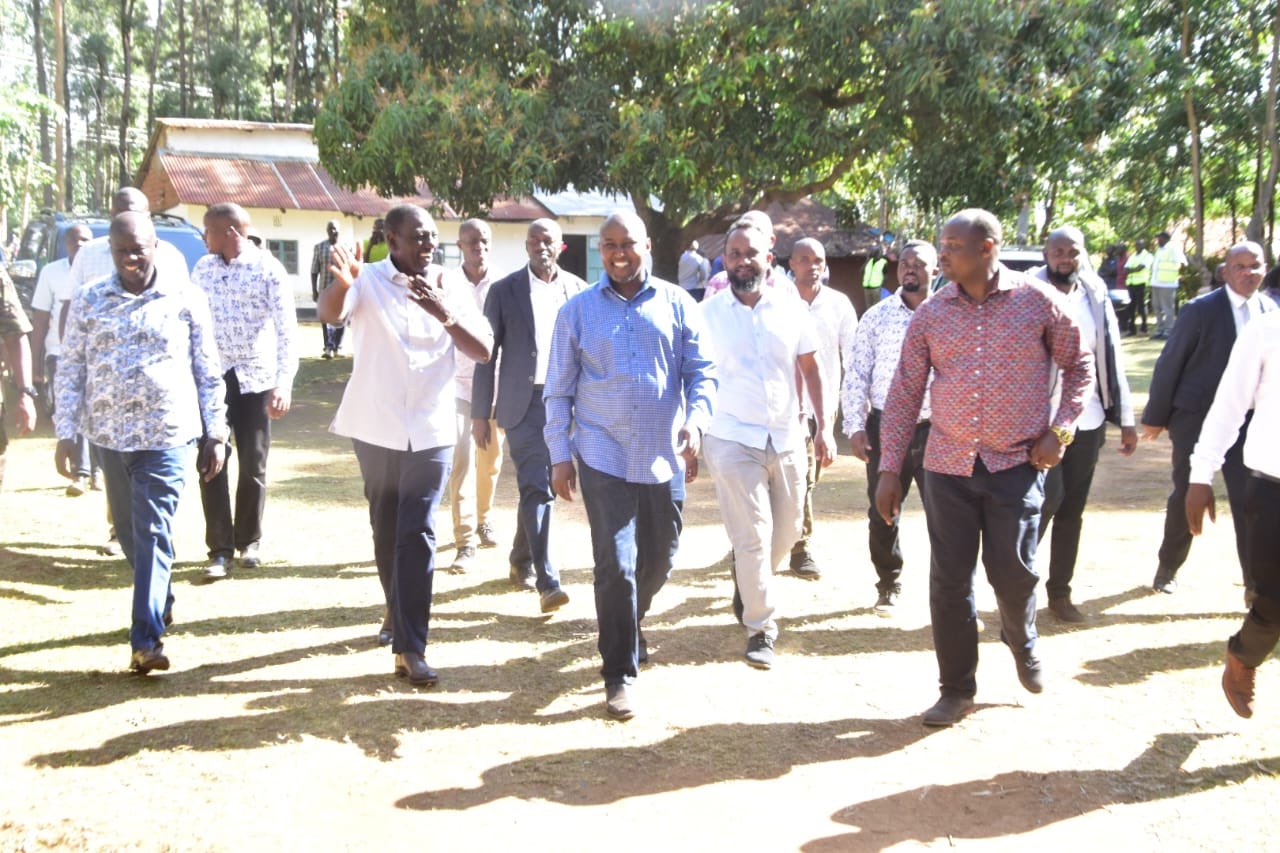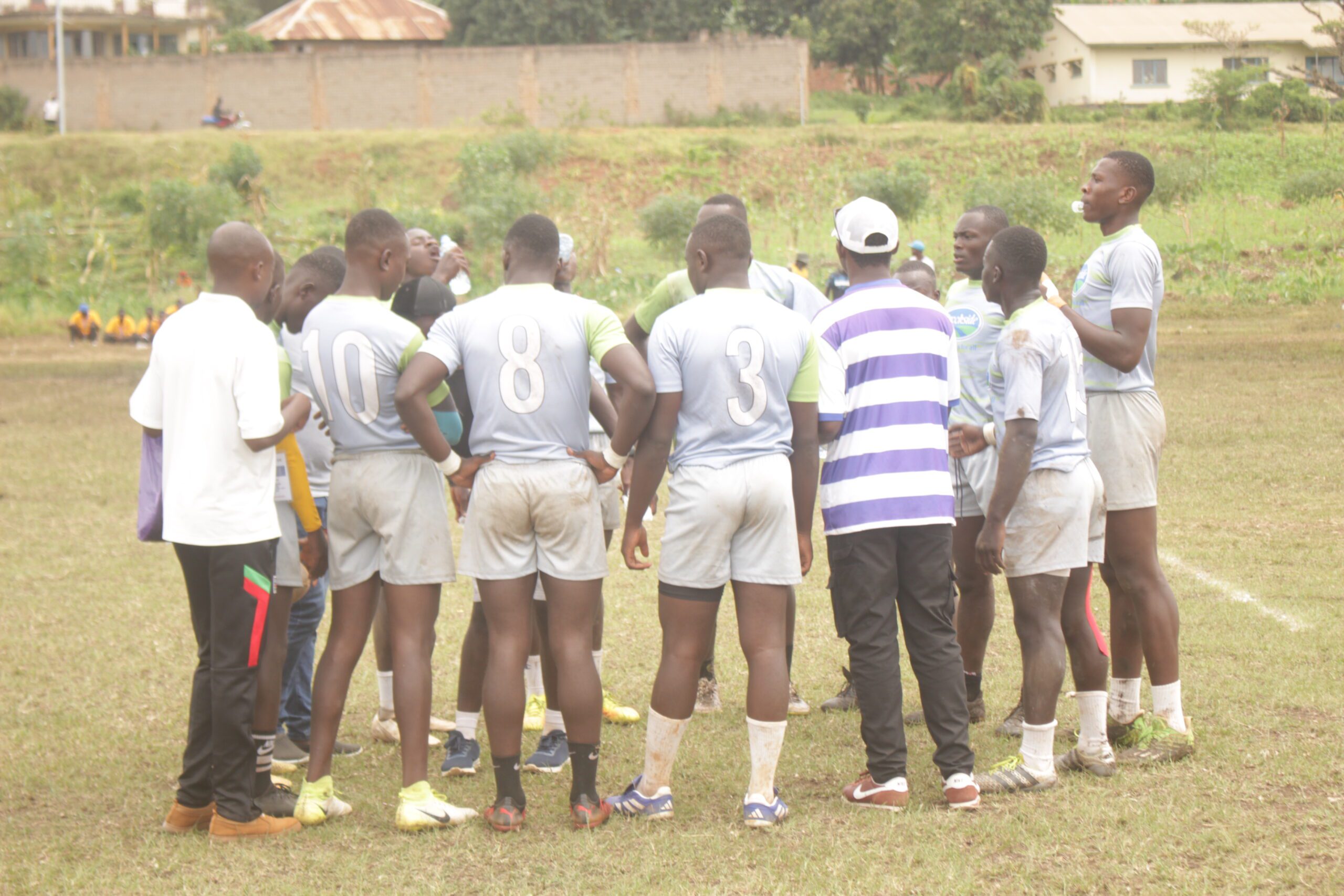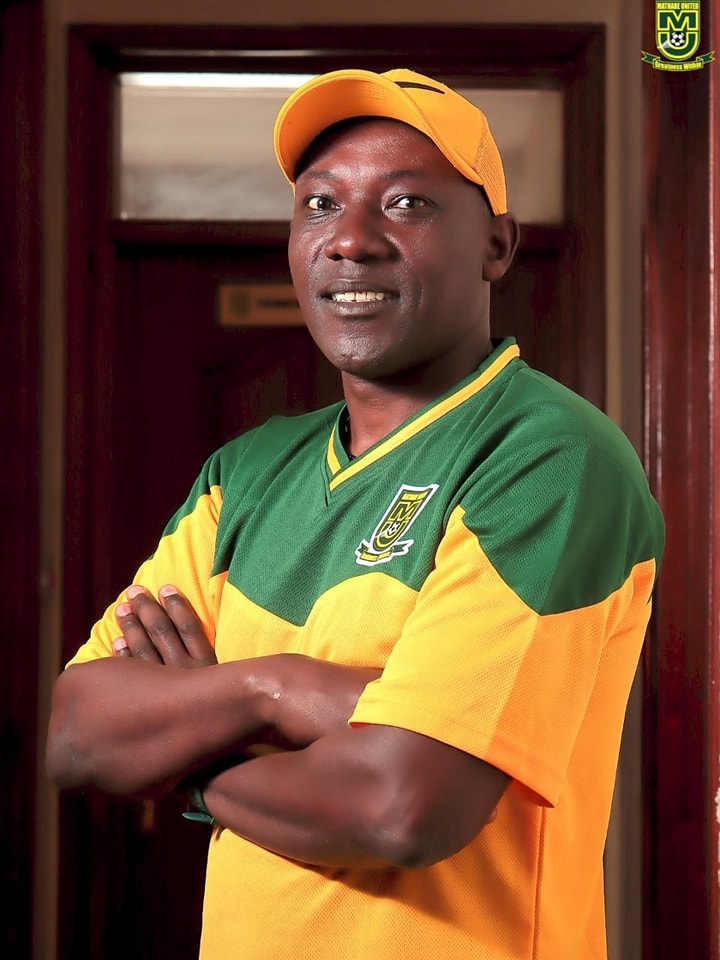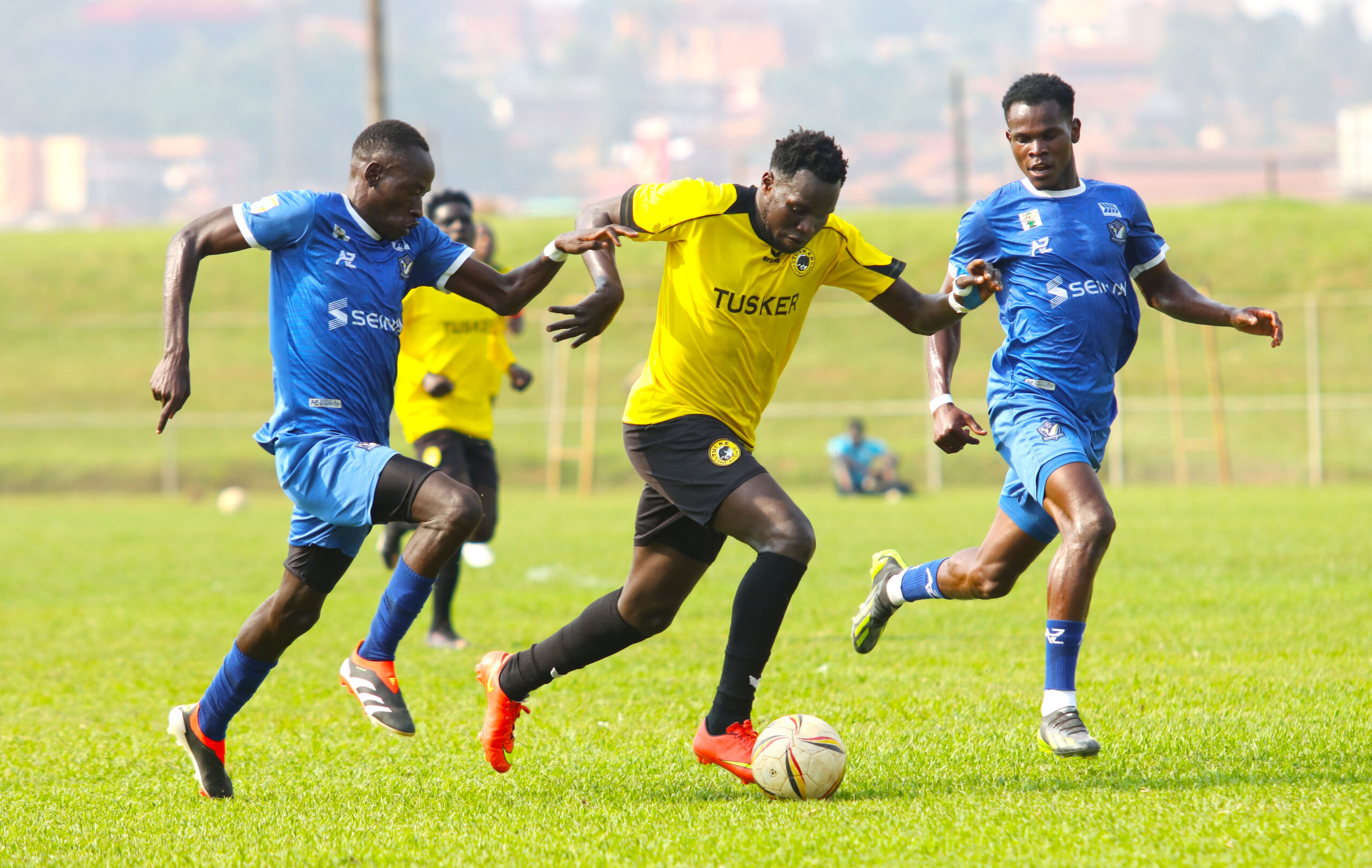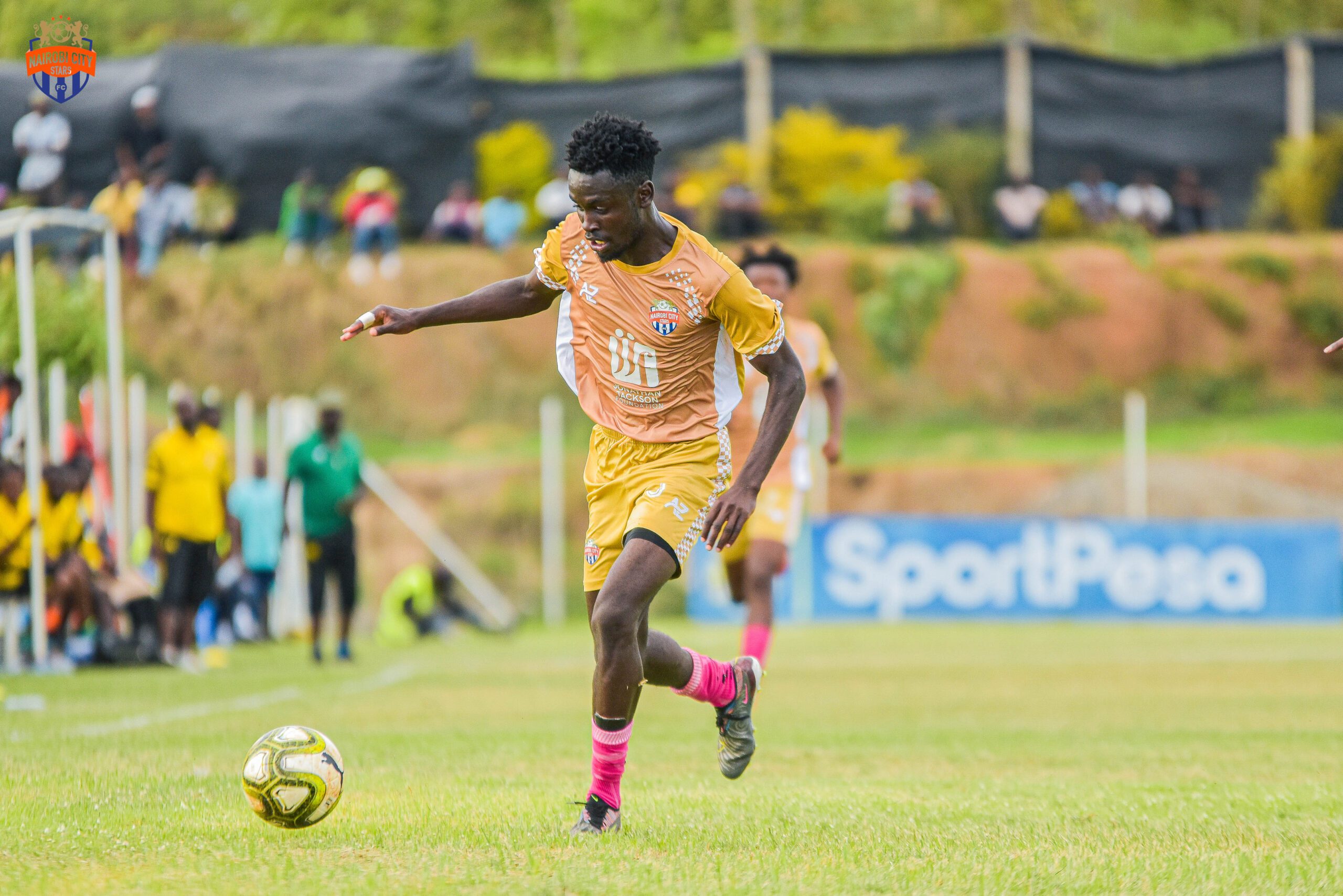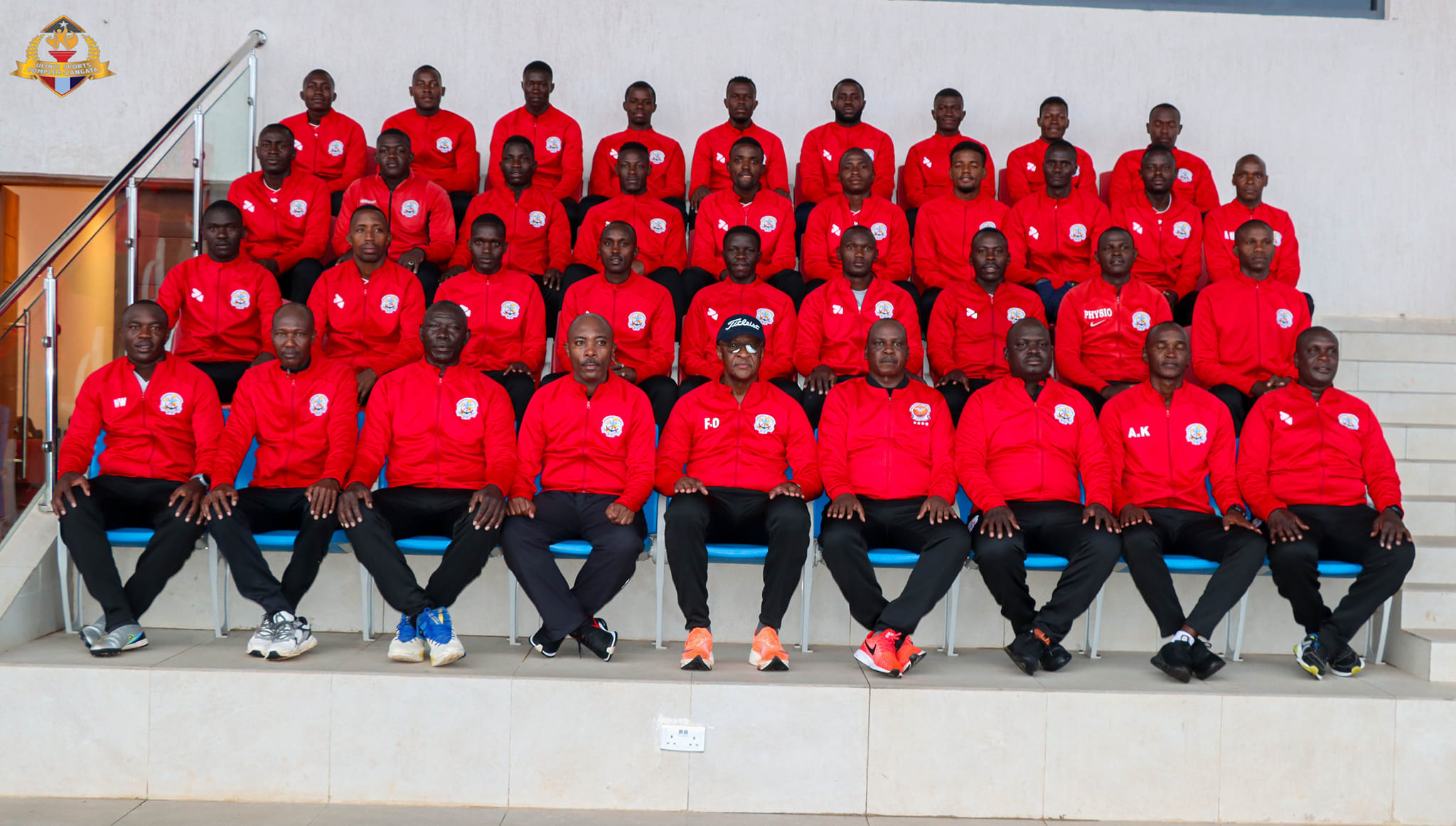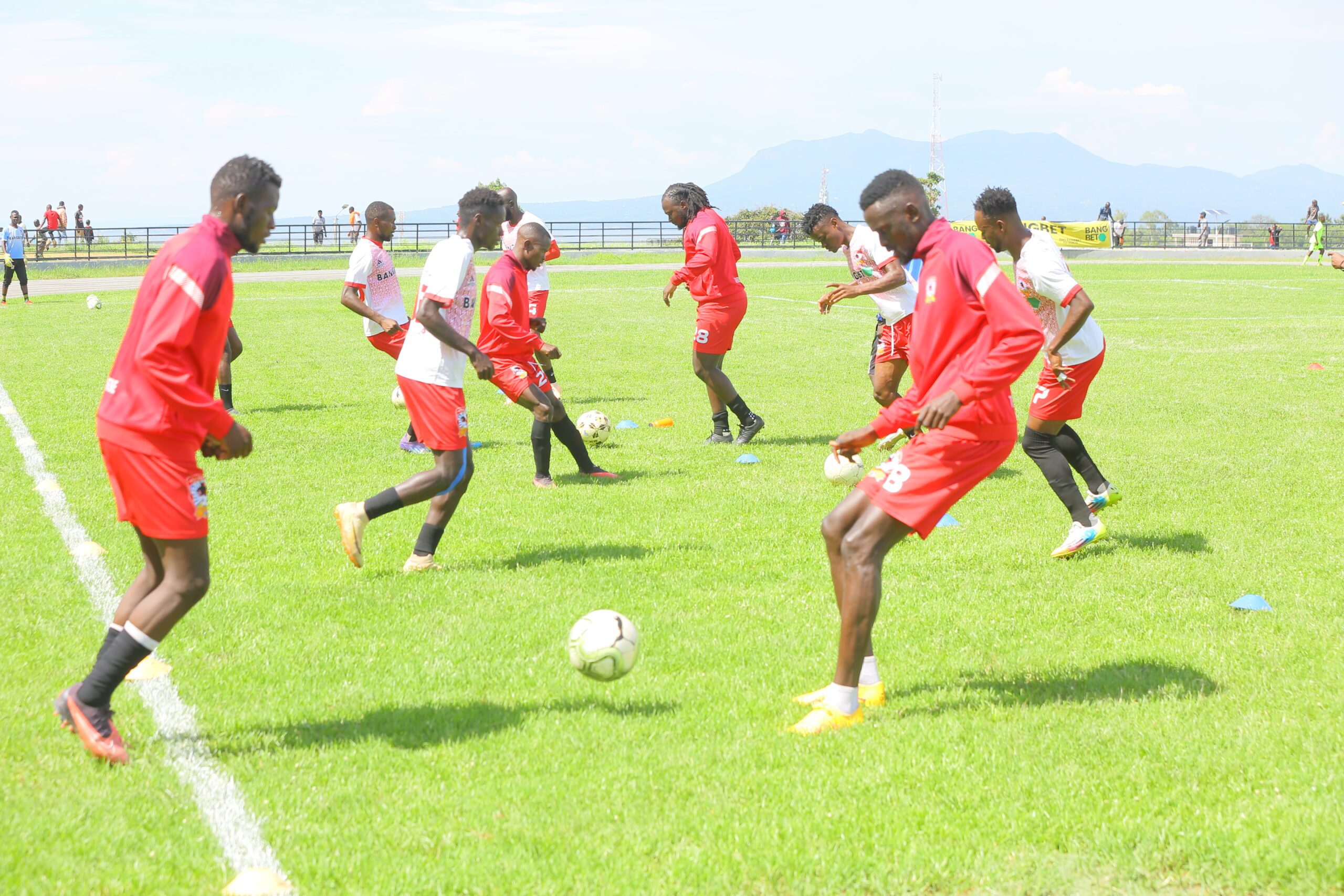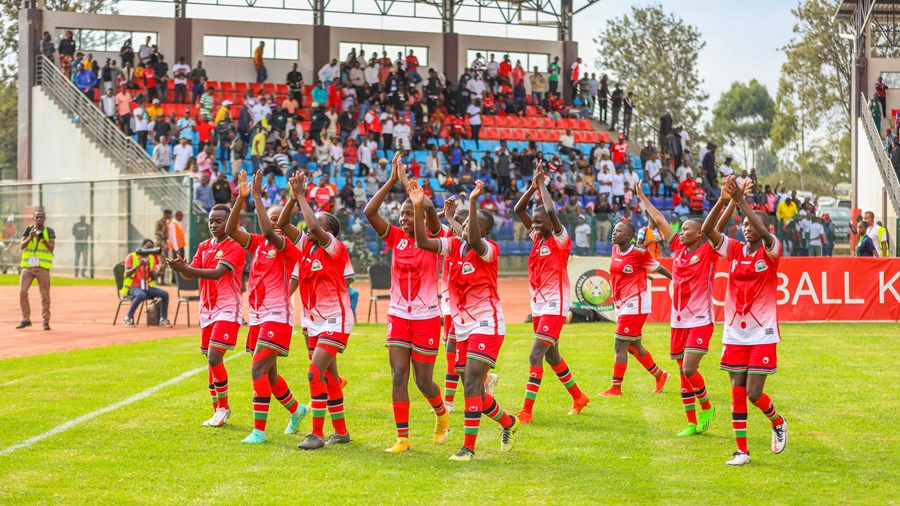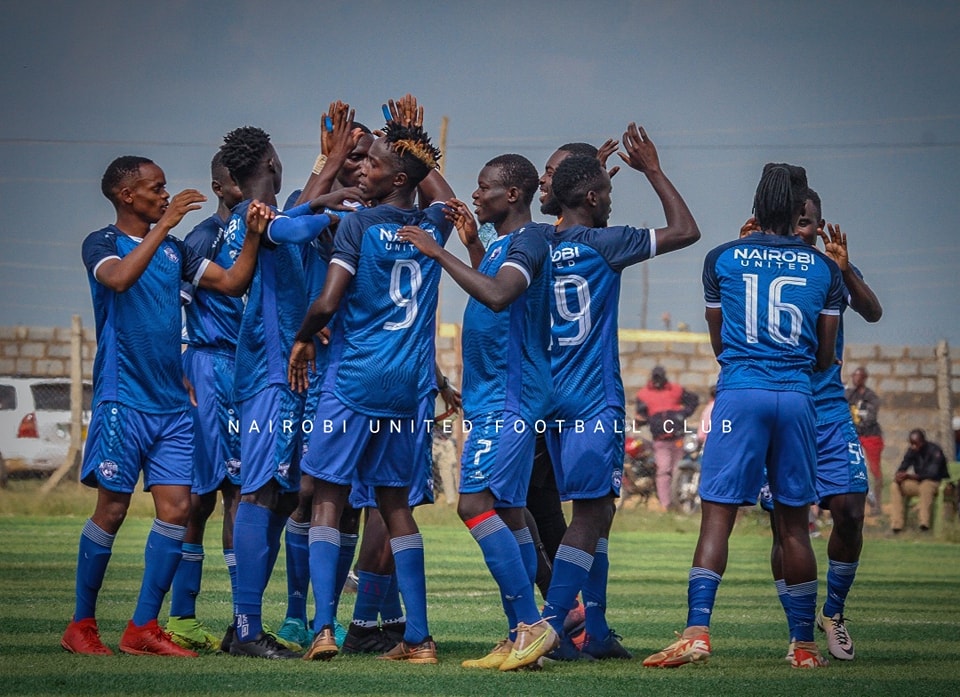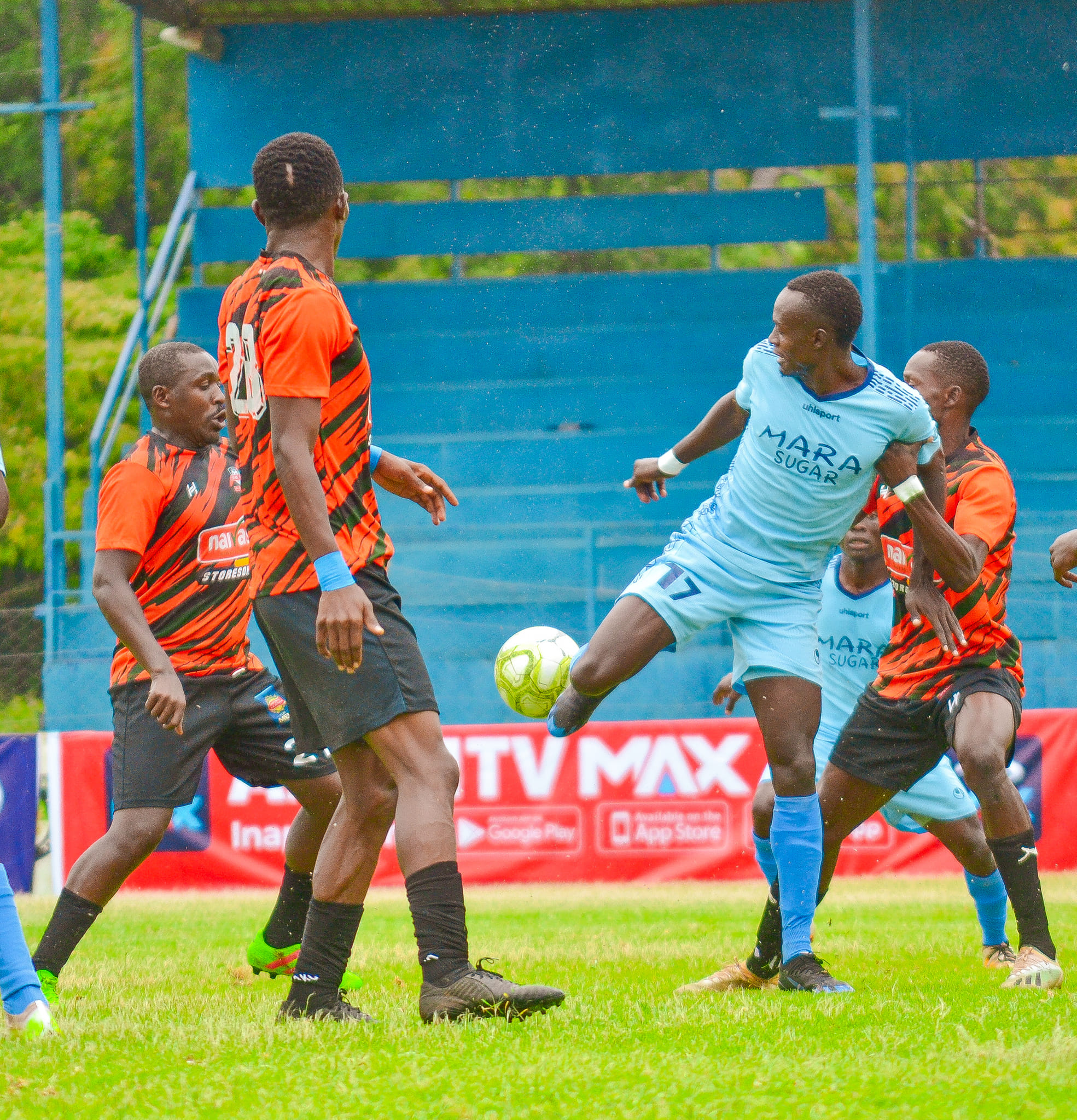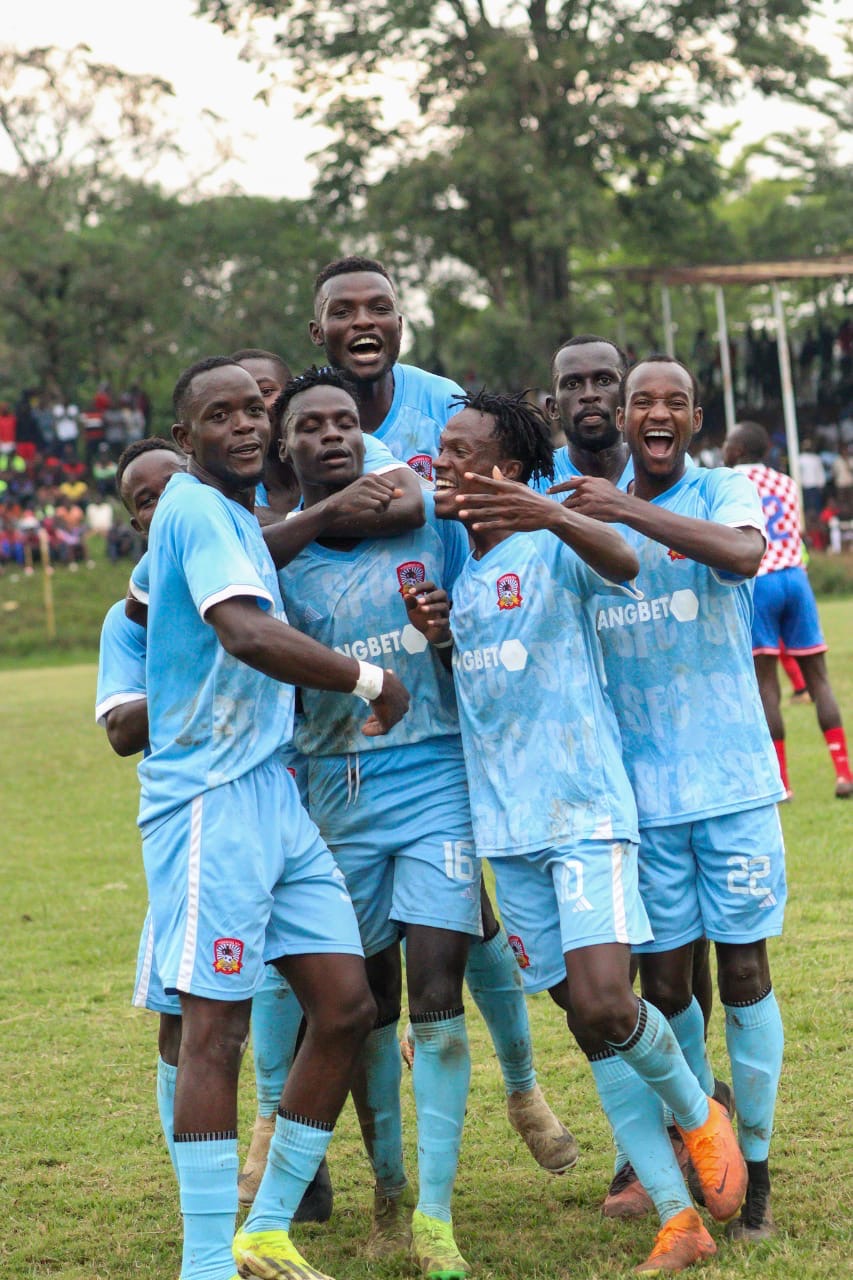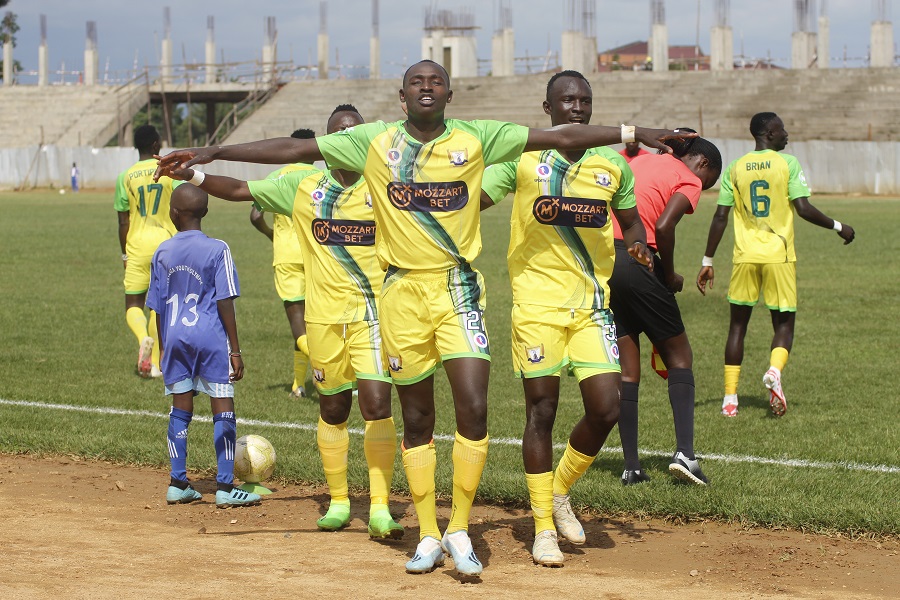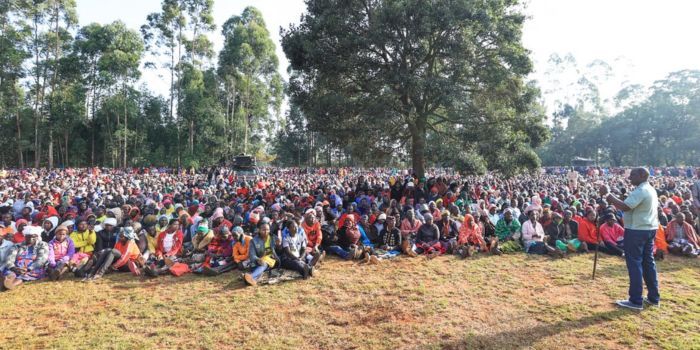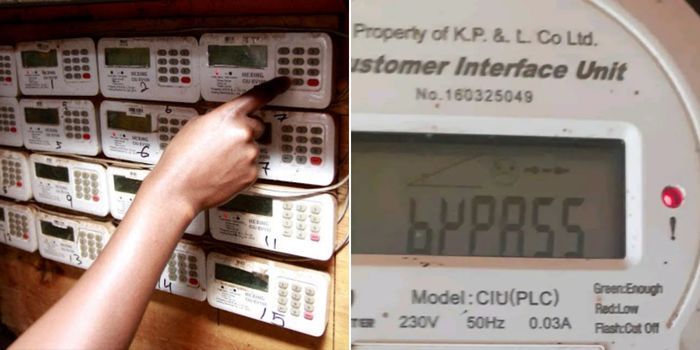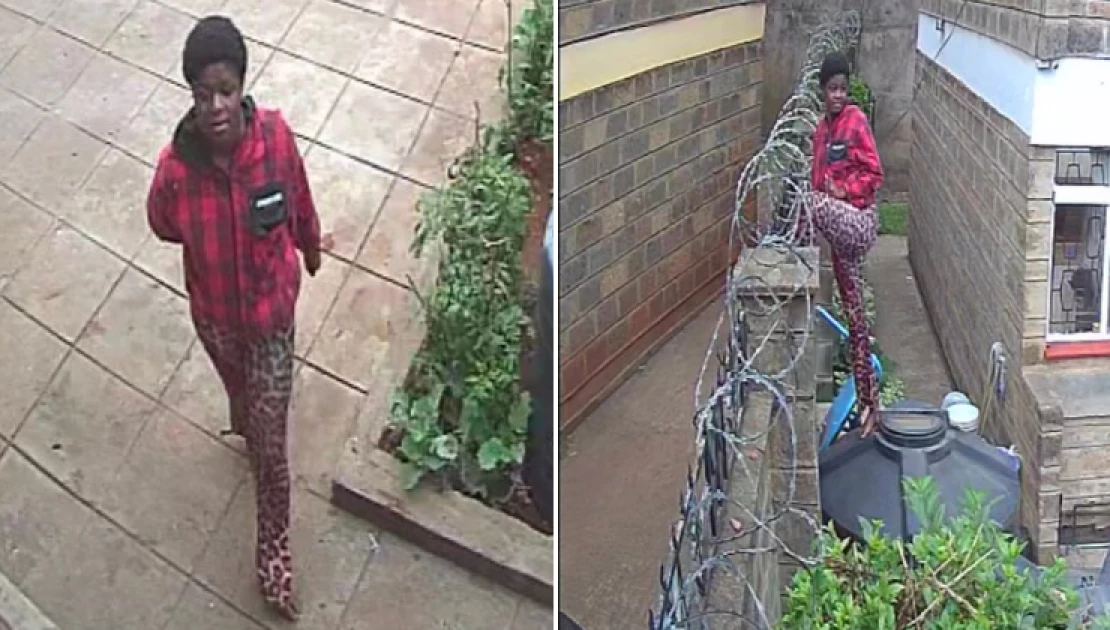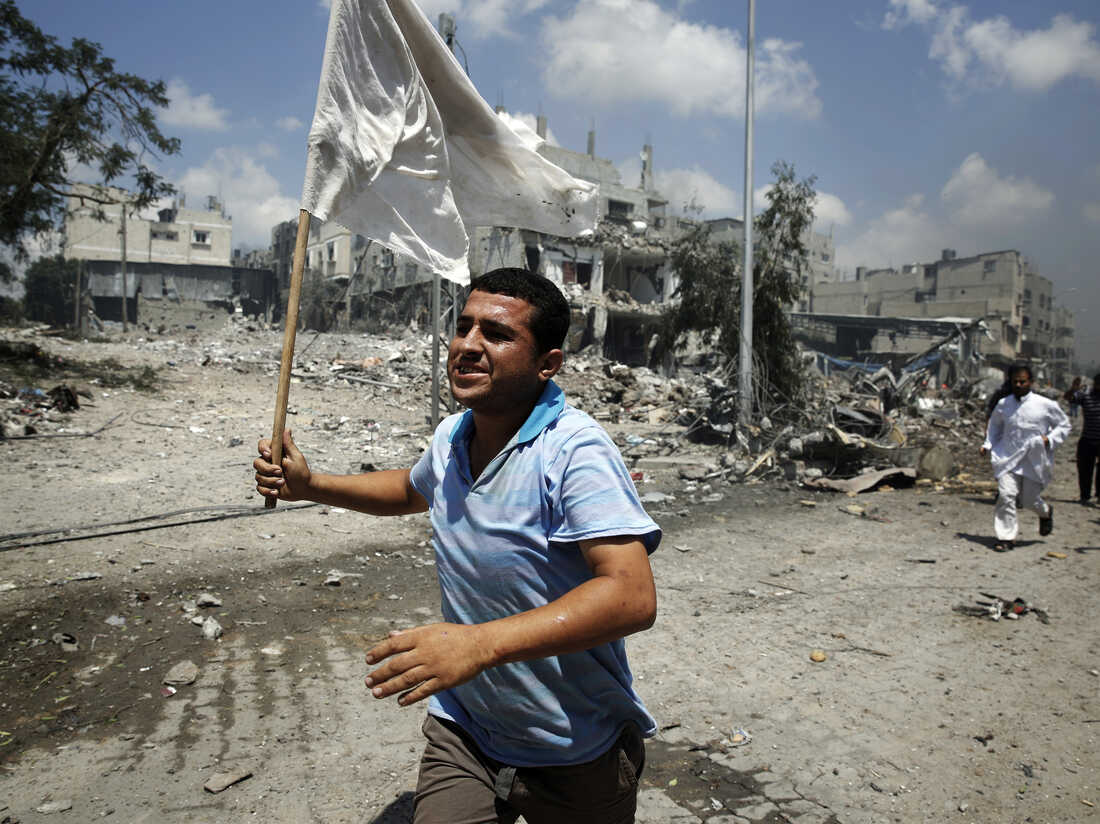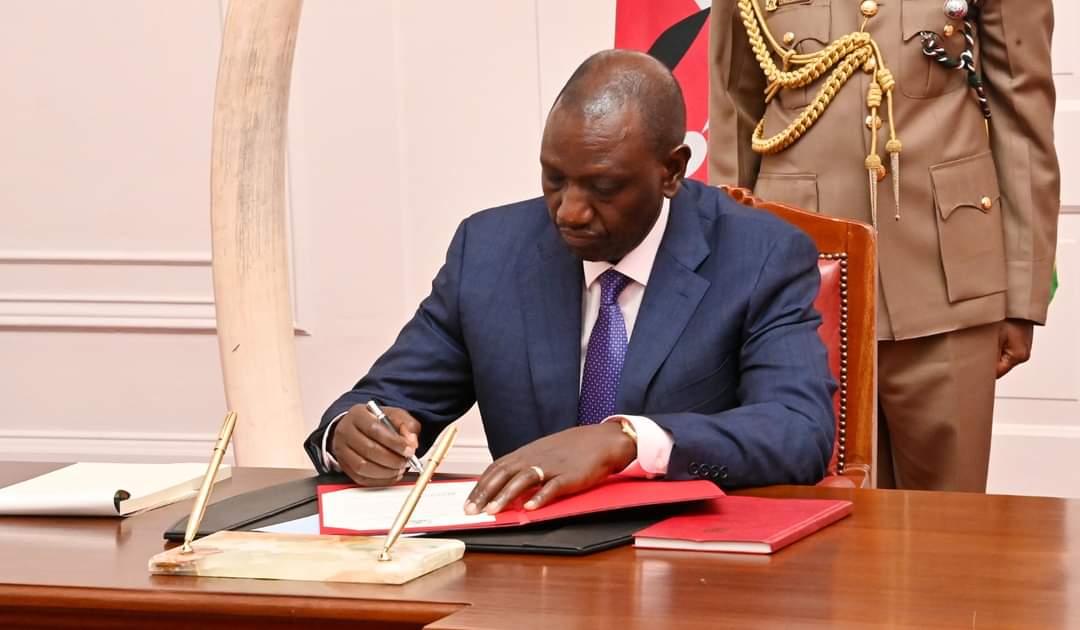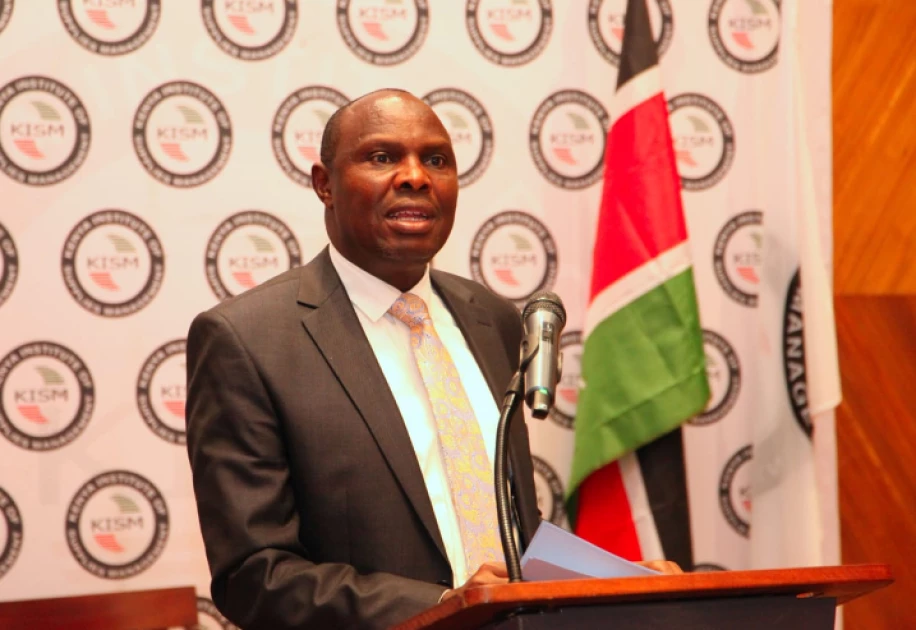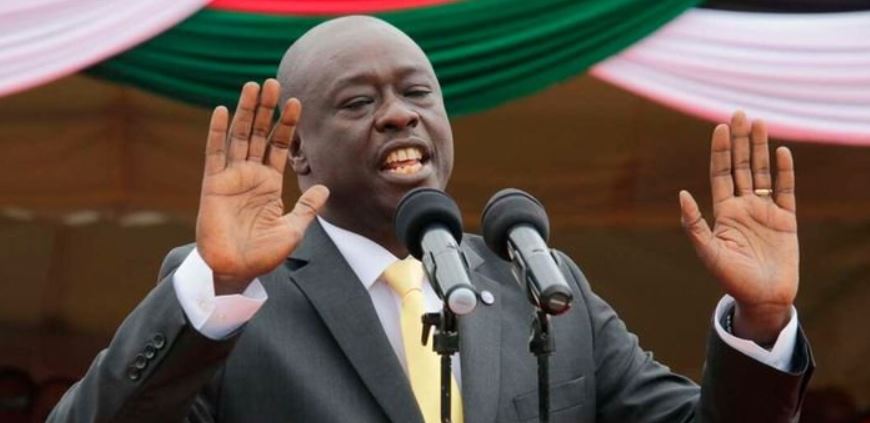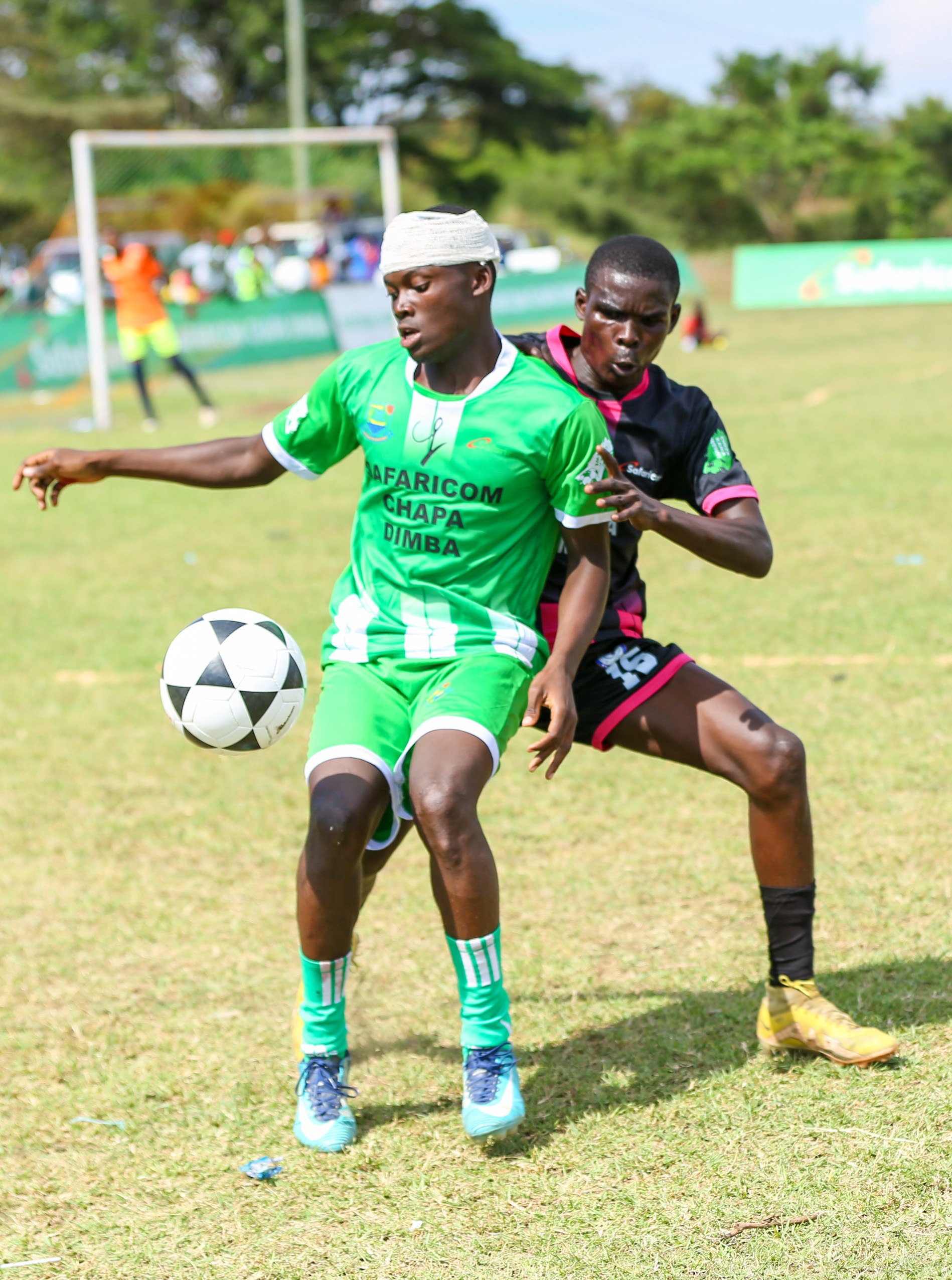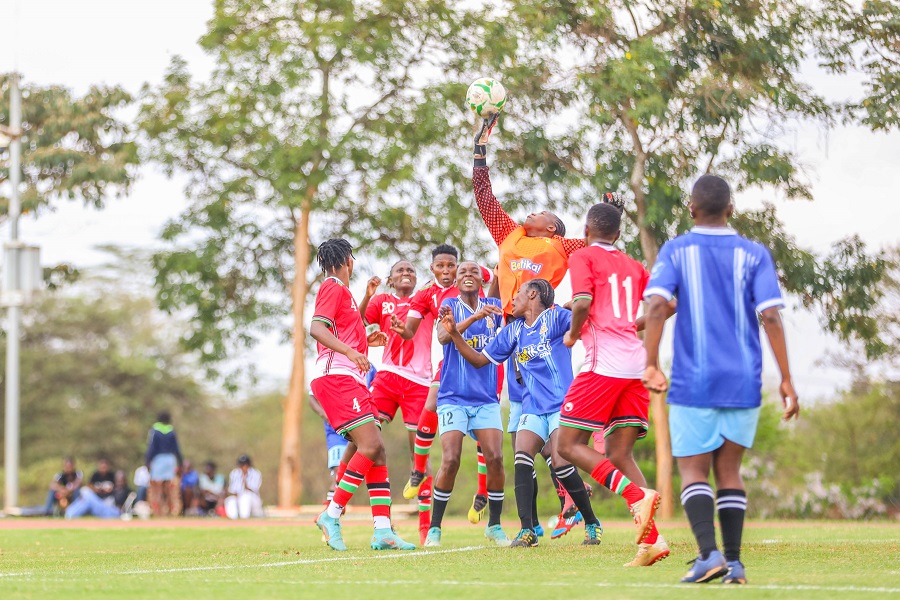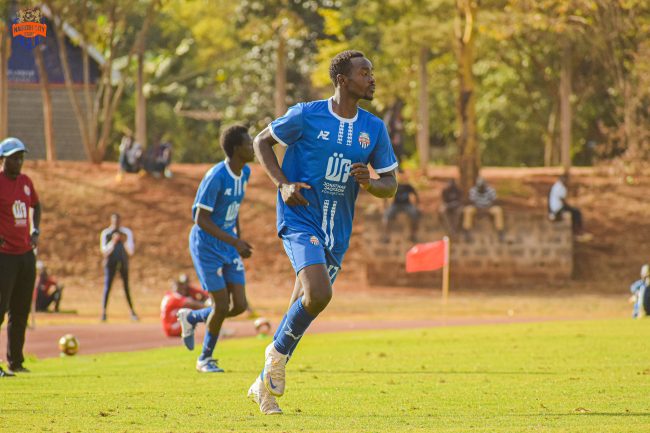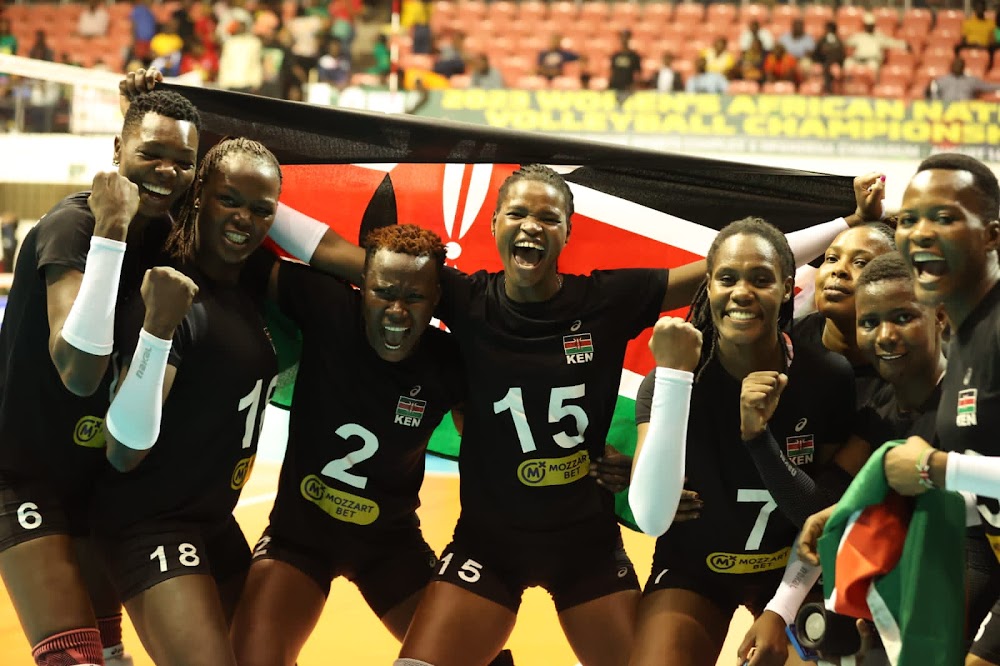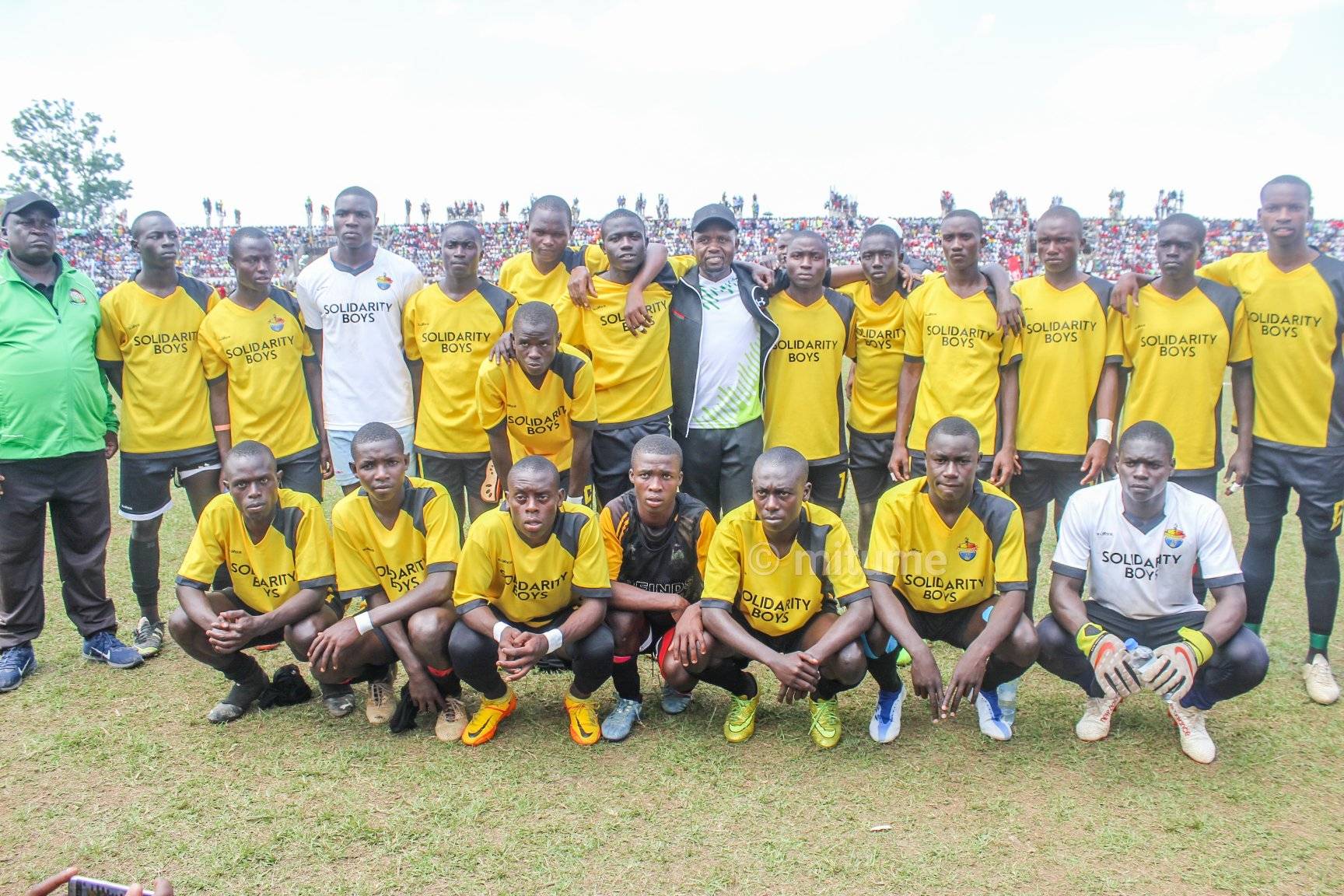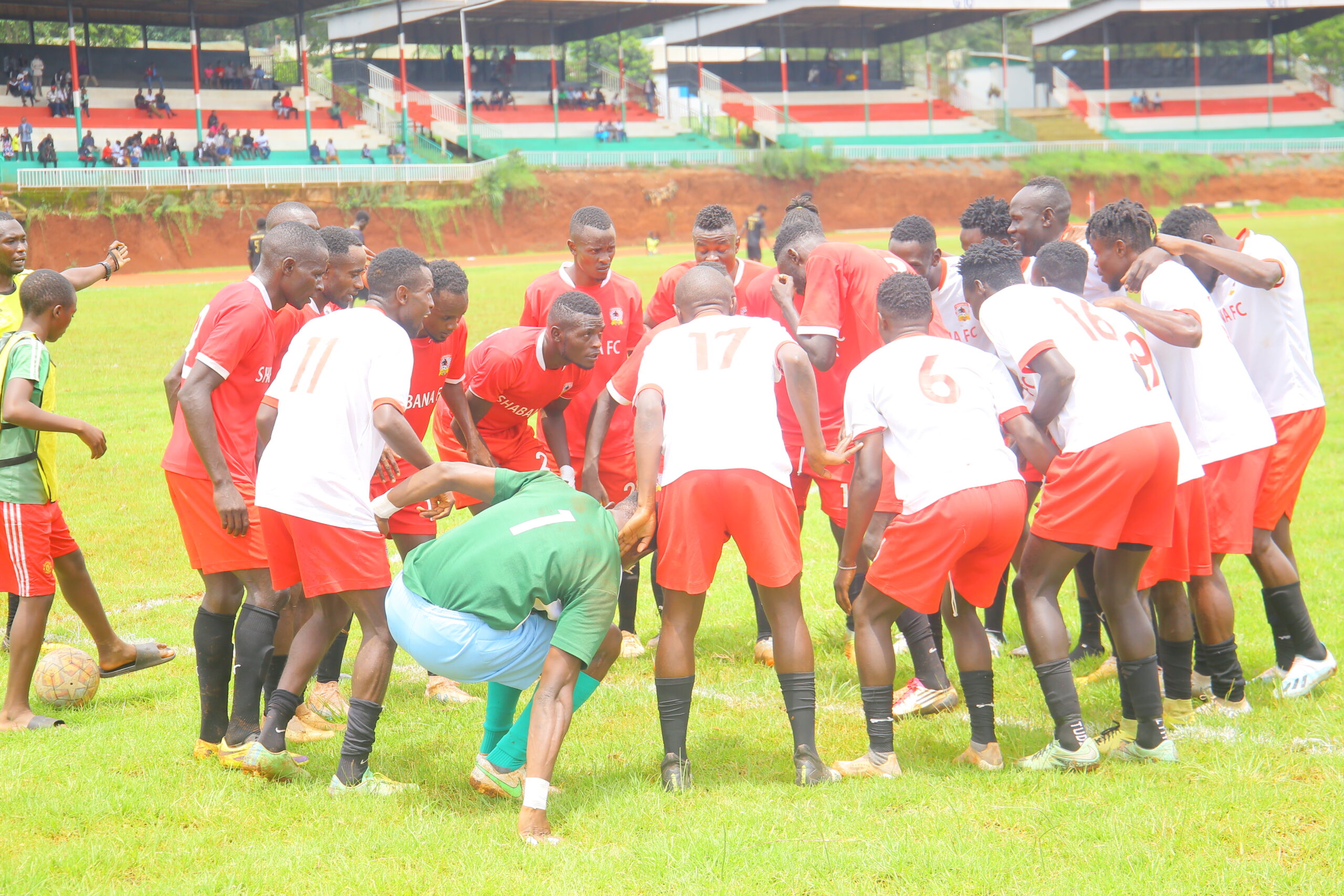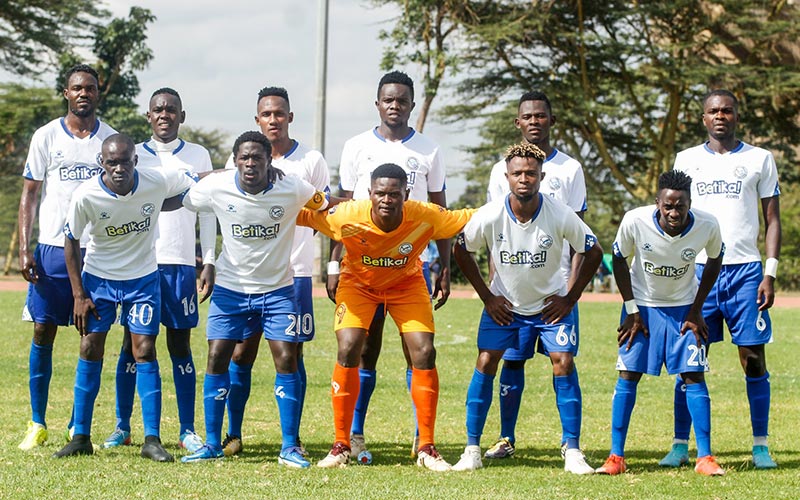Over 1.3 million Grade 6 students are taking the Kenya Primary School Education Assessment (KPSEA) this week as part of the Competency-Based Curriculum (CBC) initiative


Notably, this year’s KPSEA exams are focused on evaluating students’ progress rather than determining placement for the next grade, leading the government to scale down police presence in testing centers to foster a less pressurized environment for young learners.
In previous years, at least two officers were stationed within classrooms during exams, but this year, police are only stationed around the school compound, not in the exam rooms. This shift, according to Education Cabinet Secretary Migosi Ogamba, aims to create a more relaxed atmosphere for students, ensuring they feel comfortable and undistracted.
“The officers will escort the assessment materials to schools but will not enter classrooms where students are writing the tests, to ensure a relaxed environment for the young learners,” Ogamba explained during a media briefing at the Westlands Sub-County headquarters on Monday.
KPSEA, a two-part assessment under the CBC system, includes both formative and summative evaluations. The formative portion, accounting for 60% of each learner’s score, was administered in schools and marked by teachers, who submitted these results to the Kenya National Examinations Council (KNEC). The ongoing summative exams will contribute the remaining 40% of the score and will be marked centrally by KNEC.
This year’s KPSEA marks the final primary school assessment under the CBC framework, with students set to progress to Grade 7 junior secondary in 2025.
As learners across the nation participate in the assessment, the Ministry of Education hopes this new approach will support a smooth transition through the CBC, setting a benchmark for future assessments.












































































































































